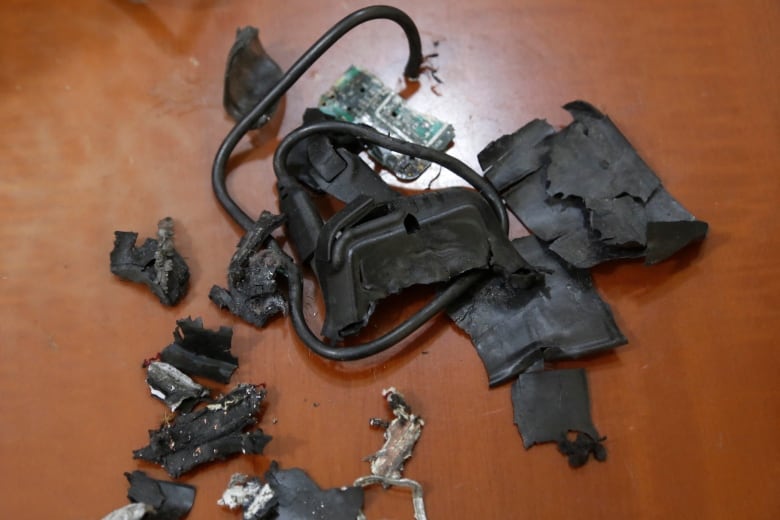The attack on Hezbollah’s pagers and walkie-talkies has all the markings of a spy thriller: shadowy operatives, clever technology and international intrigue. Except this is real life, with severe injuries and civilian deaths, including children, over two days of widespread explosions in Lebanon and Syria.
And it has triggered calls for revenge, even among Lebanese who aren’t supporters of the Iran-backed militia that’s based in their country — the apparent target of the booby-trapped handhelds that have killed at least 14 and wounded more than 450.
“What happened is like an earthquake,” said Beirut resident Ahmad Chamas. “It must be met with a decisive, destructive and shattering response, even if that leads to war.”
That may be where all of this is headed as Hezbollah blames Israel for the attacks, with the two sides already trading volleys of rockets and airstrikes across the border almost daily.
Bruised and humiliated, Hezbollah sees reason to retaliate.
In a statement shortly after the explosions on Tuesday, it said Israel would get “its fair punishment.” Hezbollah leader Hassan Nasrallah may hint how and when that could happen in a speech set for Thursday afternoon.
Warning: Video contains graphic images | Hezbollah is blaming Israel and vowing revenge after several people were killed and thousands more injured when pagers used by Hezbollah members exploded simultaneously across Lebanon.
Israel’s government has not commented on the exploding pagers, neither confirming nor denying accusations that its powerful Mossad spy agency was the mastermind in the attacks on Tuesday and Wednesday.
But with the agency’s proven expertise of using similar weapons, and a motive, few in the Middle East believe it could be anyone else.

It was applauded by military analysts like Sarit Zehavi at Israel’s Alma think-tank for “the confusion that it created among Hezbollah, the psychological damage.”
But Jordan’s Foreign Minister Ayman Safadi accused Israel of pushing the Middle East to the brink of a regional war by orchestrating such a dangerous escalation.
A shift in the war
In recent days, Israel has made subduing…
Click Here to Read the Full Original Article at CBC | Top Stories News…

